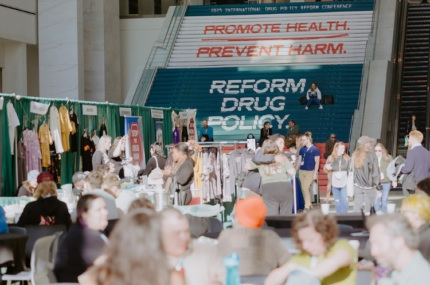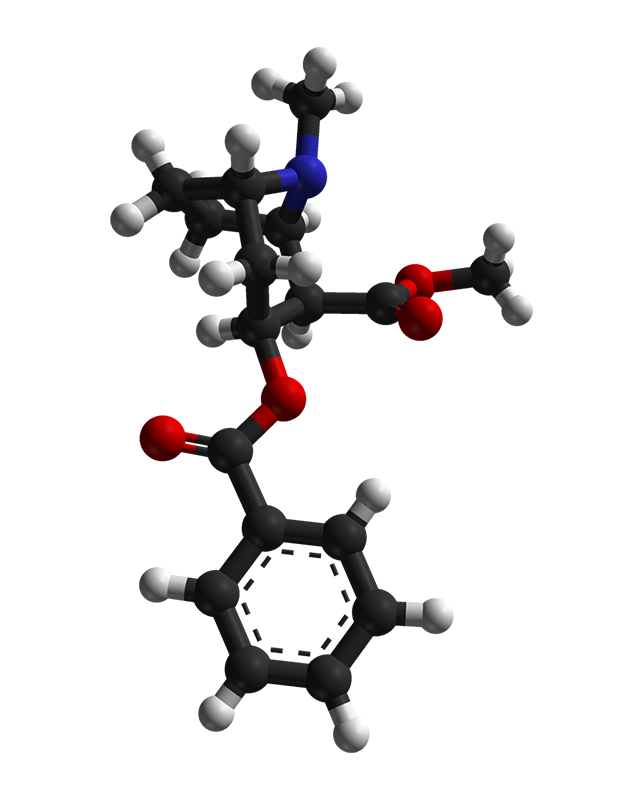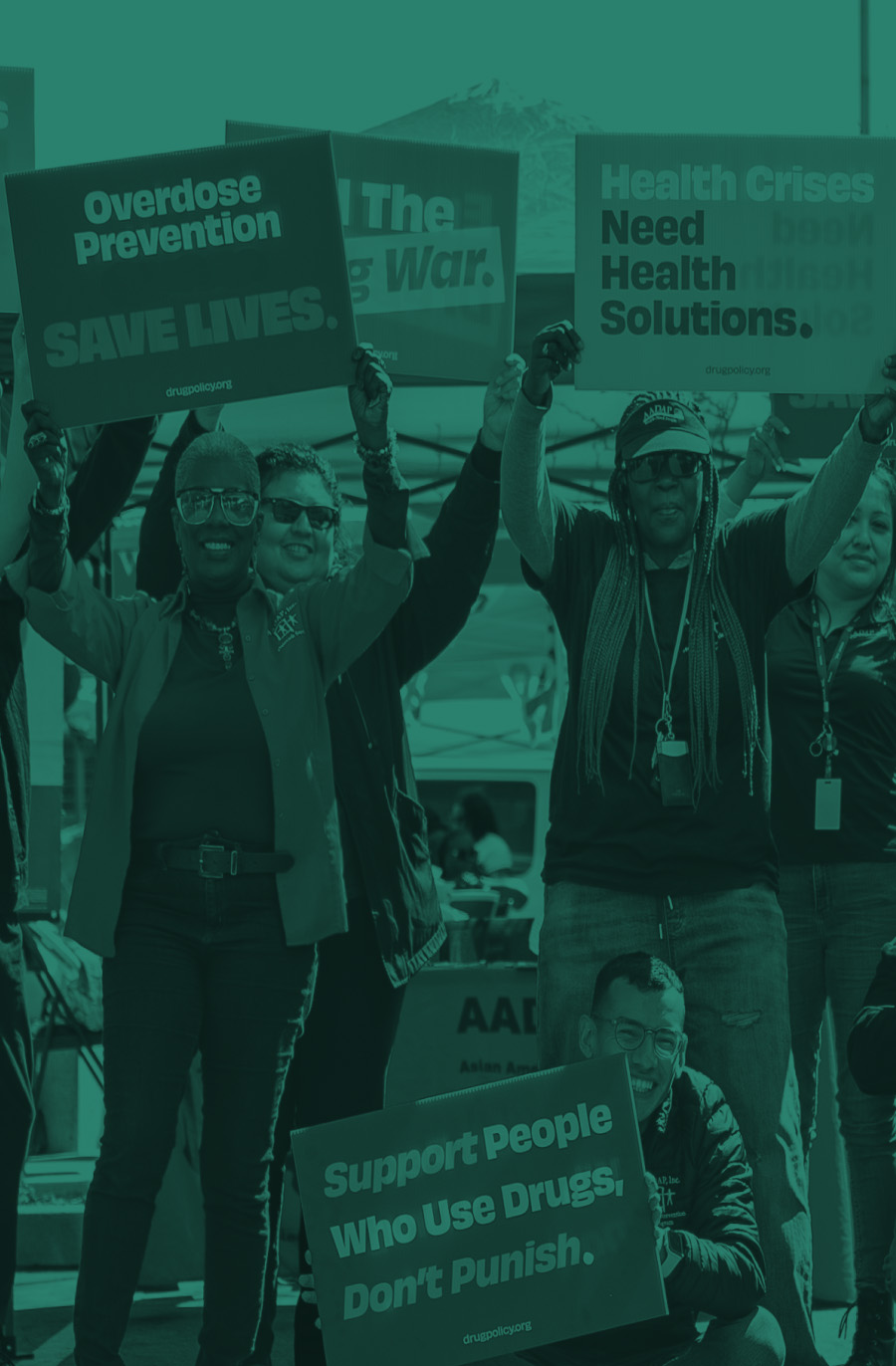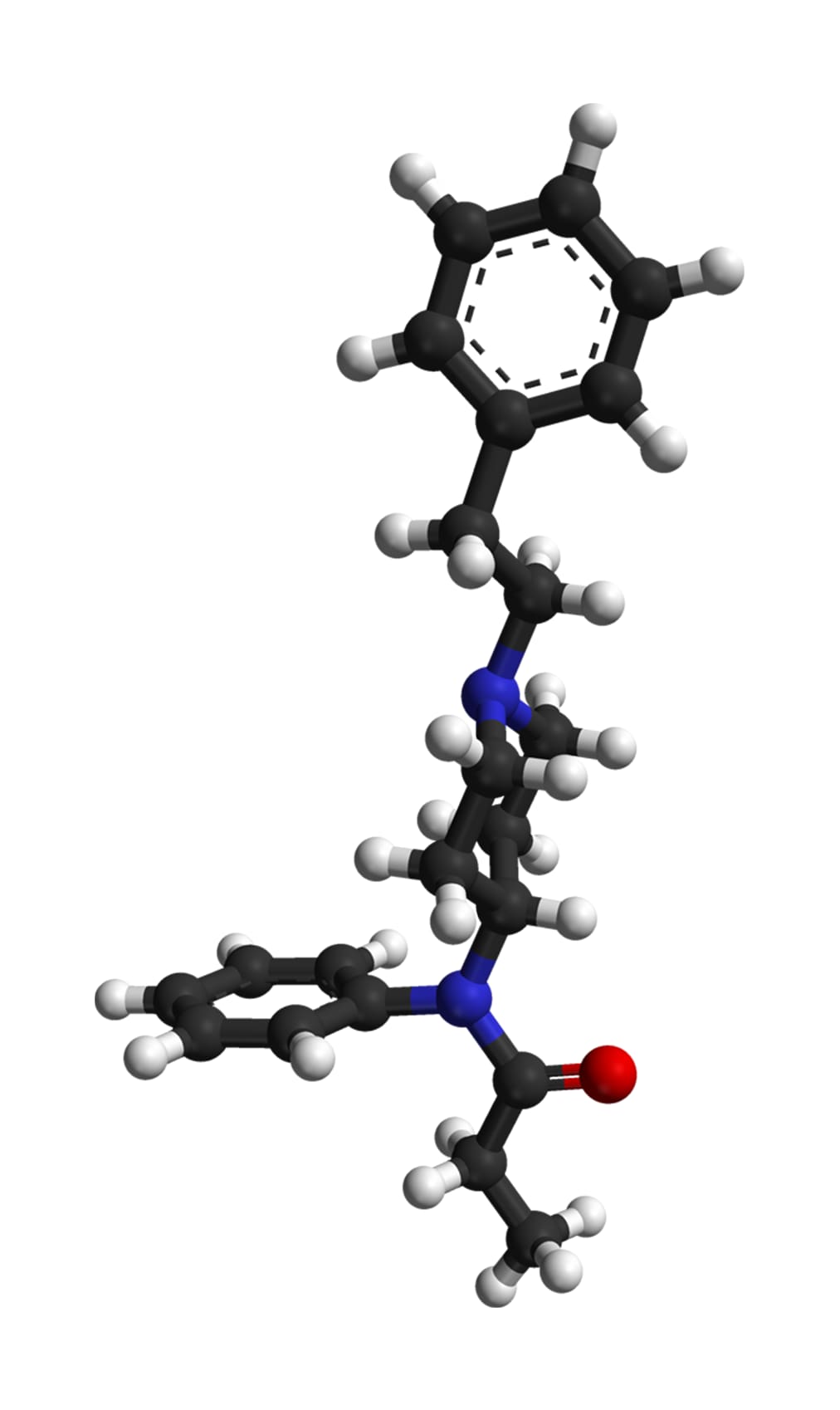What are harm reduction strategies for cocaine use?
Never use alone and check your drugs.
There are several important harm reduction strategies that can help people who use cocaine use more safely.
Use sterile and new equipment
Cocaine can be injected, smoked, or snorted. When possible, people who use cocaine should use sterile and new equipment every time. Supplies may include syringes, cookers, pipes, and straws. People should also avoid sharing equipment with others. Reusing or sharing equipment can place users at risk of skin and soft tissue infections and spread diseases like HIV and Hepatitis C.
Never use alone and check your drugs.
People should avoid using cocaine alone since there is a risk it may have an adverse effect. People also should use fentanyl test strips or other drug checking technologies to test their cocaine for adulterants. Fentanyl test strips are often available at harm reduction programs and can tell someone whether or not fentanyl is present. However, they cannot tell someone how much fentanyl is present. It is also important to make sure that someone has naloxone (the opioid reversal medication) on hand in case of an overdose.
Go slow.
People should “go slow,” dilute their drugs, or take a little bit at a time to reduce the risk of an overdose by accidentally taking too much. It is also advised that people do not take cocaine in combination with other stimulants, opioids, or depressants, including alcohol. This can increase the risk of an overdose.
Reviewed and updated by Jules Netherland, PhD, and Dr. Sheila P. Vakharia on 5/2/2023.
 Action
Action 




